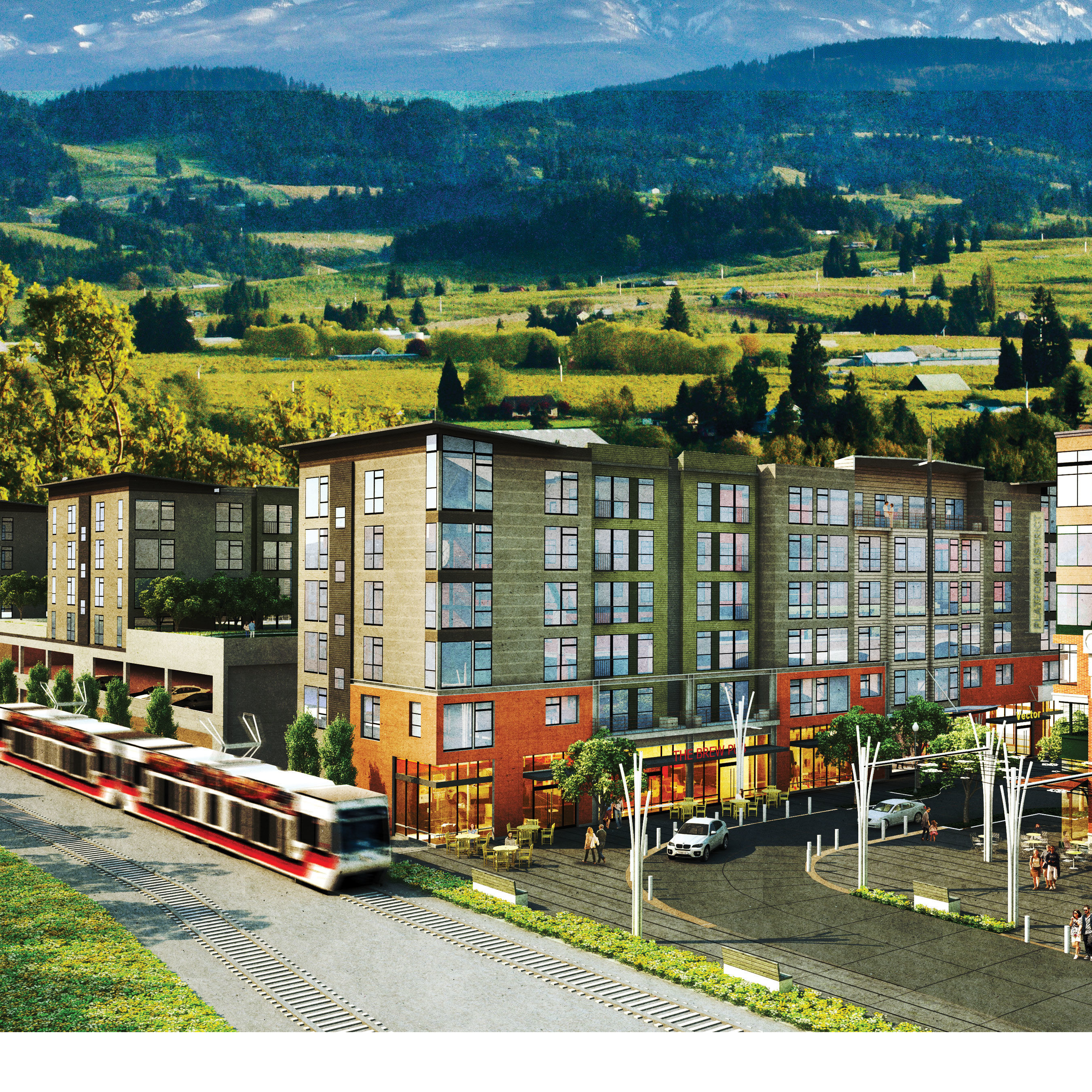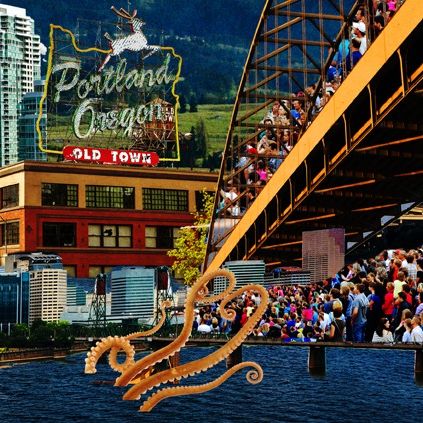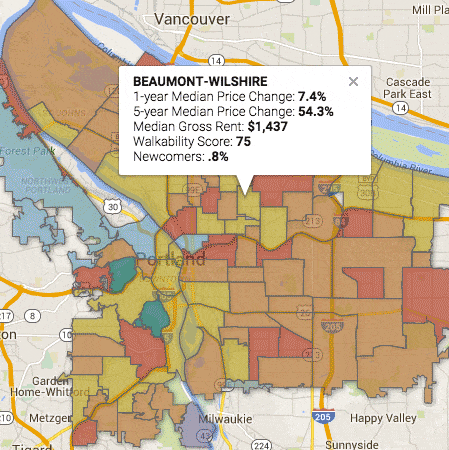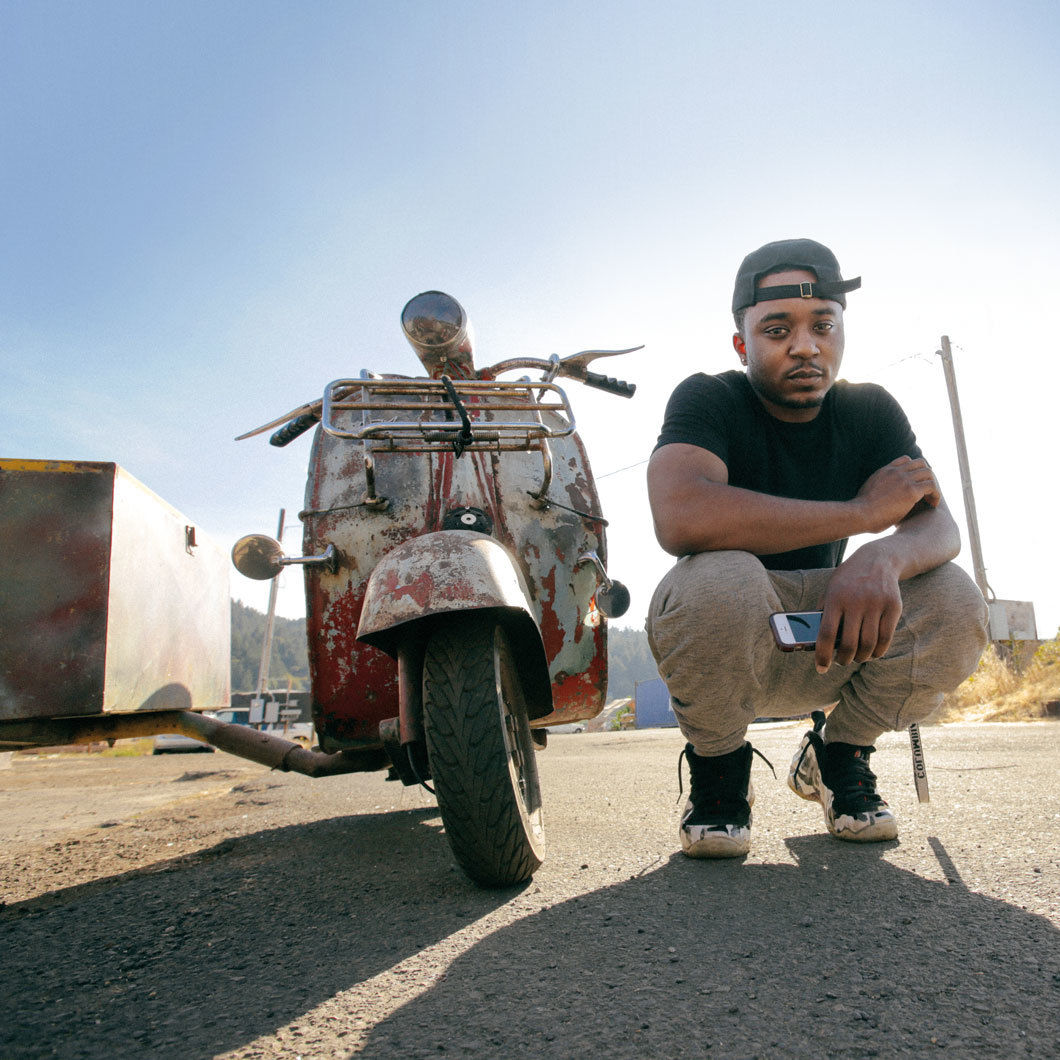Four Portland Luminaries and One Transplanted Former Leader Tell Us What Our City Needs to Do
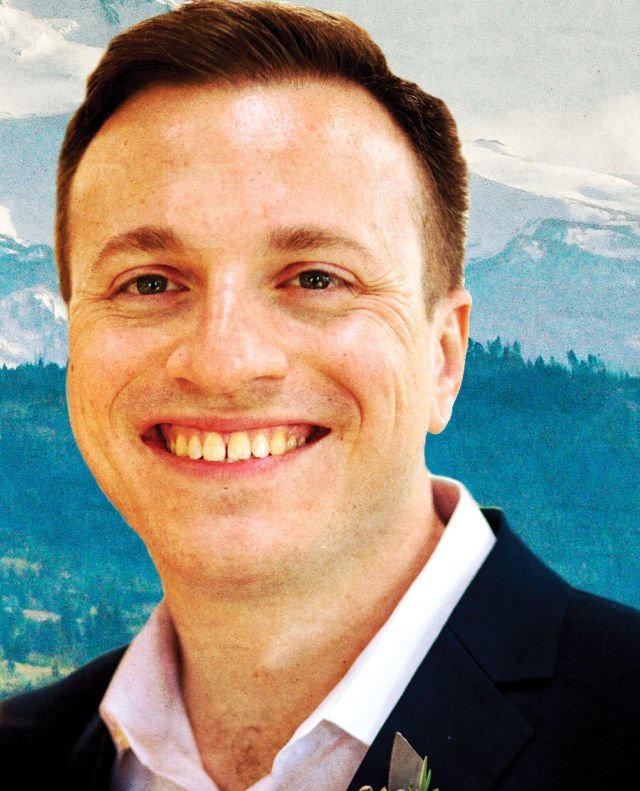
ALEX PAYNE
Cofounder of the Portland-based banking app Simple, formative developer of Twitter, and now an investor and consultant
If you could dictate which issue or problem Portland collectively worked to solve over the next 10 years, what would it be?
Figuring out the right balance between affordability, opportunity, and sustainability that will let Portland continue to be a global beacon of livability and progressive values in action. That’s going to mean breaking away from the false doctrine of neoliberal growth that other cities have followed to disastrous results. It will also mean keeping the city from being strangled by the surrounding state or sucked dry by members of our community who refuse to pay their fair share. If Portland is going to be a place worth living in ten years from now, we’re going to have to find the courage to walk our own unique path while learning lessons from the successes and failures of other cities.
What worries you about Portland’s future?
Portland is emerging as a major US city. I’ve lived in other major US cities, and there’s a reason I live in Portland now. In the process of becoming a destination, we could end up leaving behind the creative, independent folks who put Portland on the map. More than that, we could fail to bring up the people who would most benefit from sharing in the wealth of the city. When we fail our neighbors, we fail ourselves.
What excites you?
Every day I’m talking and working with people who love this city and want to make it a great place to live for folks from all walks of life. I’m also seeing great people move here who are eager to get involved in all kinds of ways. If we do things right, everything we love about Portland will get even better, from transportation and urban planning to the arts and outdoors. The idea that everyone can share in this improving city is truly exciting.
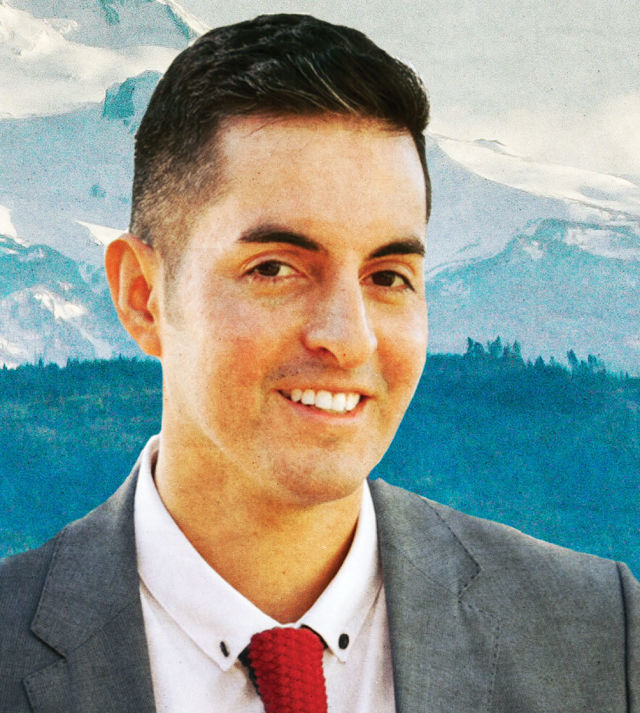
Image: Oscar Arana
OSCAR ARANA
New president of the Hispanic Metropolitan Chamber
If you could dictate which issue or problem Portland collectively worked to solve over the next 10 years, what would it be?
We continue to fail at solving complex social issues generation after generation because we invest in the present --when it’s too late -- and demand immediate results. I would love for Portland think long term and collectively work on our community’s infrastructure over the next 10 years, while accepting that results may not come for another 10 to 20 years.
Community infrastructure means investing in communities that have the largest economic, education, health, and housing disparities. If we’re not proactive, the economic gap will continue to increase while opportunities for those that need it the most will keep shrinking. The Latino community is the fastest growing population. We’re a young demographic and tend to be entrepreneurial. We need to make targeted community investments now so as the population ages and enters the workforce it’s equipped to positively contribute to our city and society. One of the reasons why Portland Public Schools’ overall graduation rate increased is because of the targeted investments that helped Jefferson achieve an 81% graduation rate. Nearly half of the children entering kindergarten are now children of color, and in five year it will be 65%.
By making smart and targeted investments in our community’s infrastructure Portland can become a national model for positive economic, educational, and health outcomes.
What worries you about Portland’s future?
We have a housing crisis. We have a growing homeless population, and a rising housing market that is pushing Portlanders with long ties to the city to surrounding suburbs, counties, and Washington. A lot of the new construction is apartment units catering to people moving here: younger adults without families (more than 3,000 permits were issued for apartment units last year). Gentrification has and continues to change our city permanently. Portlanders being priced out of the city are keeping their jobs here so now their work commutes are longer and traffic is more congested. Portland is beautiful, so I don’t blame anyone for moving here, but I’m worried we’re becoming affordable and livable only to a homogenous demographic. Portland leaders need to partner with and incentivize developers to build more muiltifamily, integenerational, transitional and affordable housing in the city’s core, as well as create programs that support first-time buyers who have (or had) been living and working in Portland to purchase a home. I was able to purchase my home in North Portland in 2009 thanks to a Portland Housing Bureau program that provided remodeling and down payment assistance. We need more of those programs.
What excites you?
What excites me about Portland’s future are the young leaders emerging in the public, private, philanthropic, and nonprofit sectors, and taking on critical roles. There is a tide of younger professionals who are stepping into roles traditionally held by people in their fifties and sixties. Many of these leaders are from LGBT and/or communities of color and they bring a new voice and a perspective that hasn’t been traditionally represented when it comes to making critical decisions around community investments. These leaders are sharp, have excellent hard and soft skills, and are focused on community outcomes and accomplishing goals building strategic partnerships and working collaboratively. We’re used to doing more with less because it has been our experience for more than a decade.

Image: Mara Zepeda
MARA ZEPEDA
Cofounder of the university community networking site Switchboard and the newly formed Portland Independent Chamber of Commerce
What problems should Portland focus on?
Housing and neighborhood development, workforce and opportunities for nontraditional entrepreneurs, creating thriving, integrated schools, creative transportation planning, and distributed wealth and prosperity. Community-led projects, like Vanport Mosaic and the Sons of Haiti food truck site, embody these values.
What’s the obstacle?
We can’t achieve this without significant investment. That means financial investment from the government, foundations, and a new influx of investors. But it also means an investment of our time and talent.

Image: Intisar Abioto
INTISAR ABIOTO
Photographer and performer who created the ongoing photo essay “The Black Portlanders”
What troubles you about Portland?
I don’t like that Portland is portrayed as this “bastion” of this or “bastion” of that—like a place people should run to if they want to get away. I feel like we’re lowballing ourselves if we think of the city as some sort of hideout from the world. People come here without knowing the challenges and problems and nuances specific to this place and time.
Isn’t there something exciting about that attention?
If we’re going to have a spot on the global stage, let’s make the story bigger and deeper. Housing and social justice and race and gender—all these things intertwine and intersect.

Image: David Bragdon
DAVID BRAGDON
Former president of Metro; now executive director of the New York–based transportation policy organization Transit Center
If you could pick, what problem would Portland focus on solving?
You could name a dozen problems but most of them stem from the same two roots: abuse of the original intent of the initiative system and partisan control of the primaries to elect state officials, which both add up to the sad reality that the state government does more harm than good to the metro region. Being part of the state of Oregon is a bum financial deal for Portland. Education is the obvious example. People in Portland care passionately about K-12 education and are willing to pay for it, but structural obstacles at the state government prevent Portlanders from converting their passion into excellent schools. November 2015 marked twenty-five years since the passage of Measure 5, which now amounts to two complete generations having gone from kindergarten through twelfth grade while their parents have fruitlessly hoped that Salem would solve the problem. A poorly-written 1990 statewide ballot measure that most voters read for perhaps two minutes has doomed Portland kids to a quarter of a century of mediocre schools. The proliferation of street people is another legacy that the state government has dumped on Portland, having cut back statewide mental health and alcohol and drug treatment to the point that mentally ill and suffering people from all over the state end up in downtown Portland to be dealt with by the Portland Police Bureau or charities. Transportation is another area where the state government inflicts great harm on urban areas: more than half the gas taxes paid by Portlanders gets sucked up by the state highway department, even though state highways are not the primary need. Basic local street maintenance suffers because more than half the money is automatically whisked away to Salem to be spent on state highways that by any rational cost/benefit analysis should be a lower priority than fixing the local streets. So you can name the big problems - education, homelessness, transportation - and you will realize that left to its own resources and ingenuity Portland could solve them if the state government would either be supportive or get out of the way.
What worries you most about Portland’s future?
Political paralysis. Portland’s people, culture and economy are at an unprecedented high point, with lots of new opportunities and growth potential. Technologists, top medical researchers, writers and musicians are making this a very vibrant moment. My worry is that the political culture will snuff those opportunities because of the deep ambivalence about growth and a strong undercurrent that believes profit is bad, rather than recognizing that the creation of wealth makes a lot of other things, like tax-supported public services, possible. The political culture has a tendency to fixate endlessly about issues like automobile parking spaces and fear of four-story buildings, and flirt with economically counter-productive measures like rent control, rather than taking advantage of the upside that many cities in this country would love to have. Portland’s ambitions may be constrained by complacency. The paralysis is compounded by Portland’s unaccountable and inefficient form of government. Some cities like NYC have a "strong Mayor" system and some cities like Dallas have a "weak Mayor" system, but Portland alone has something uniquely worse: a "five Mayor” system with five independent executives.
What excites you about Portland’s future?
Portland has become a more interesting place culturally and economically and socially every time I visit.

